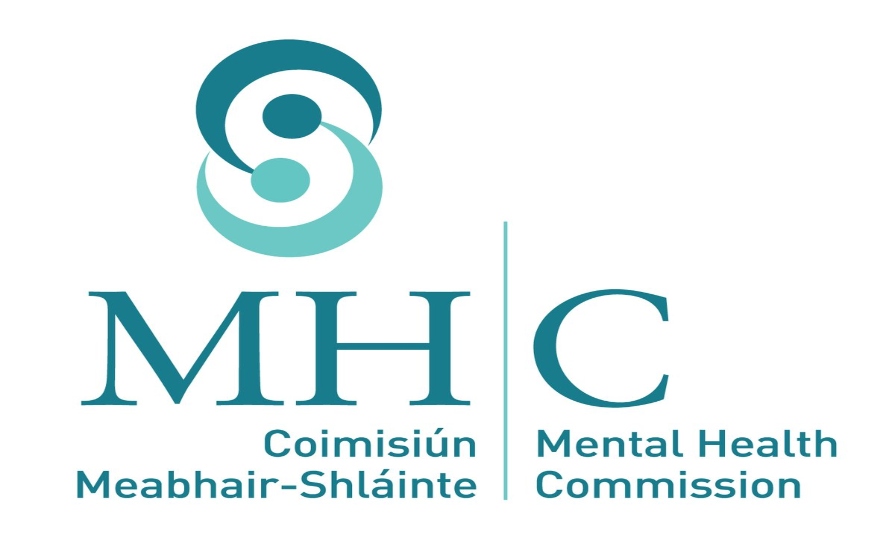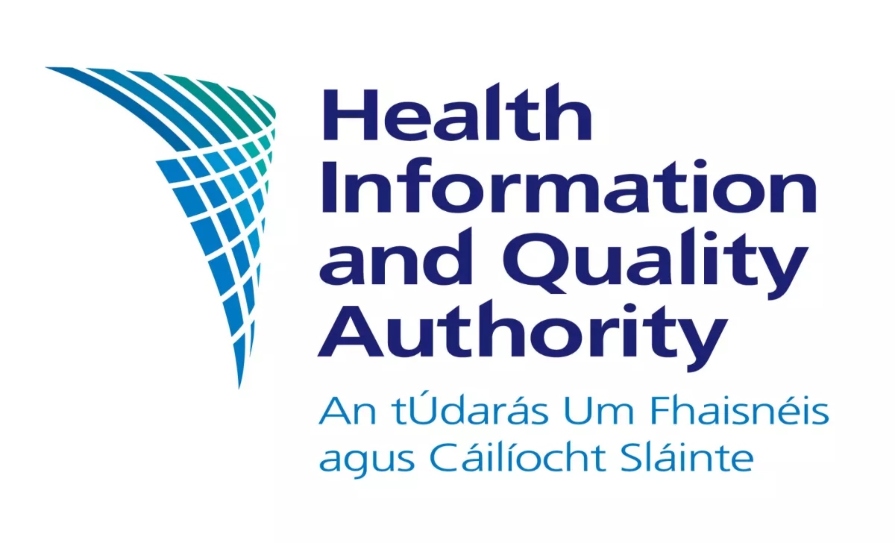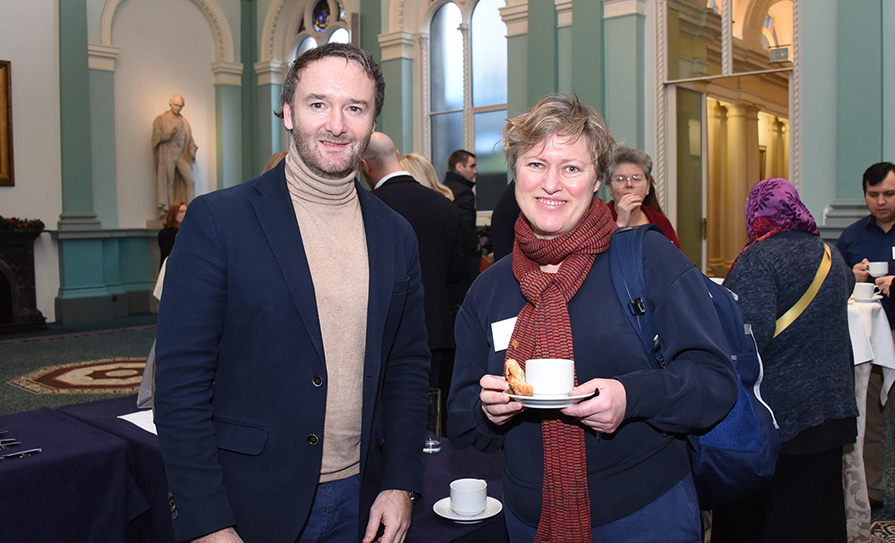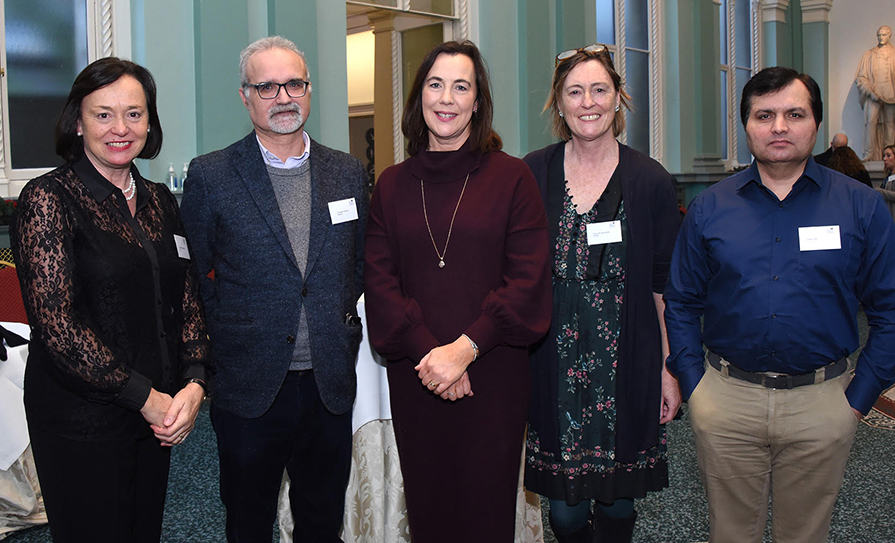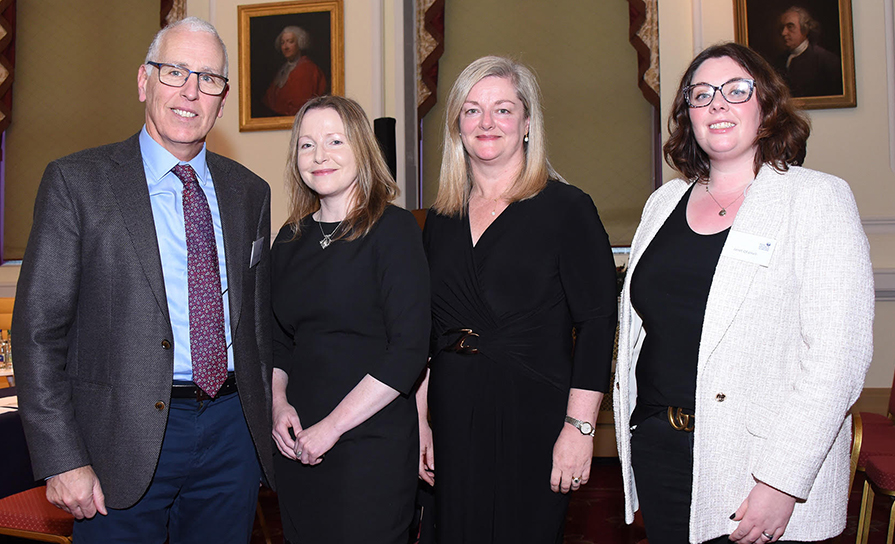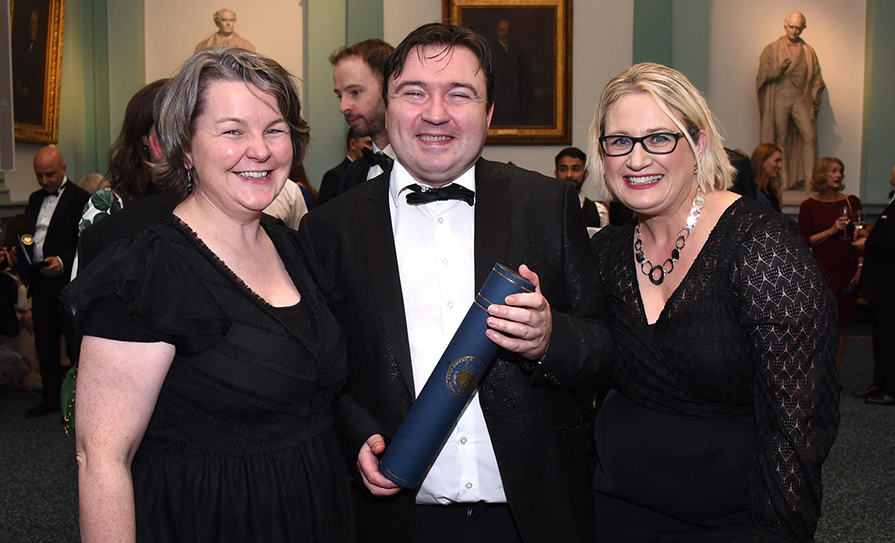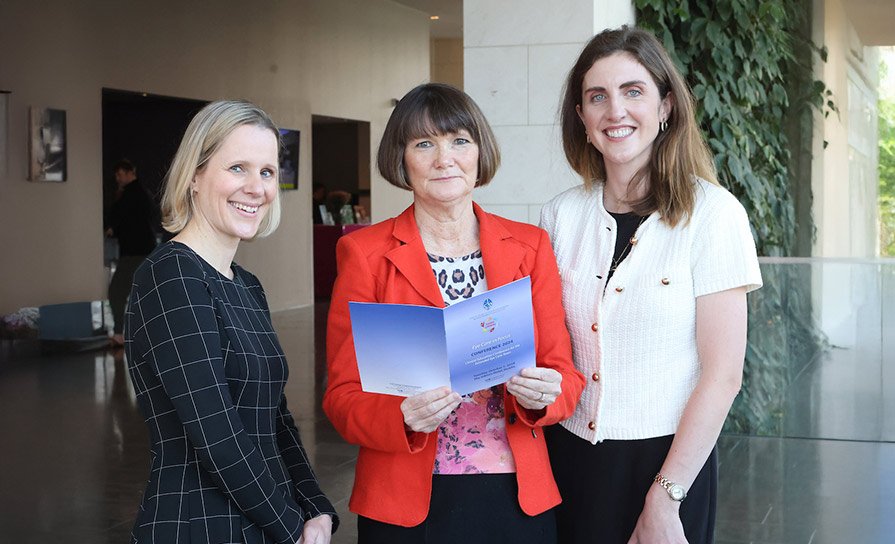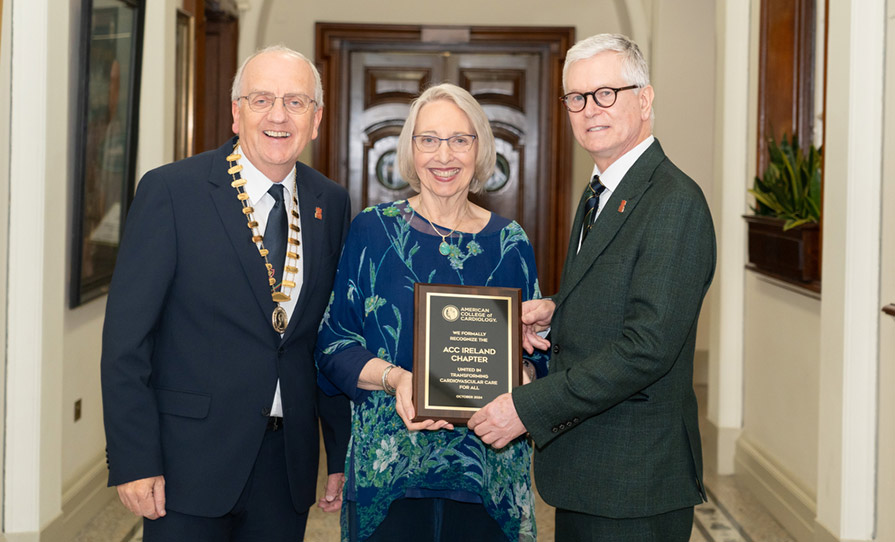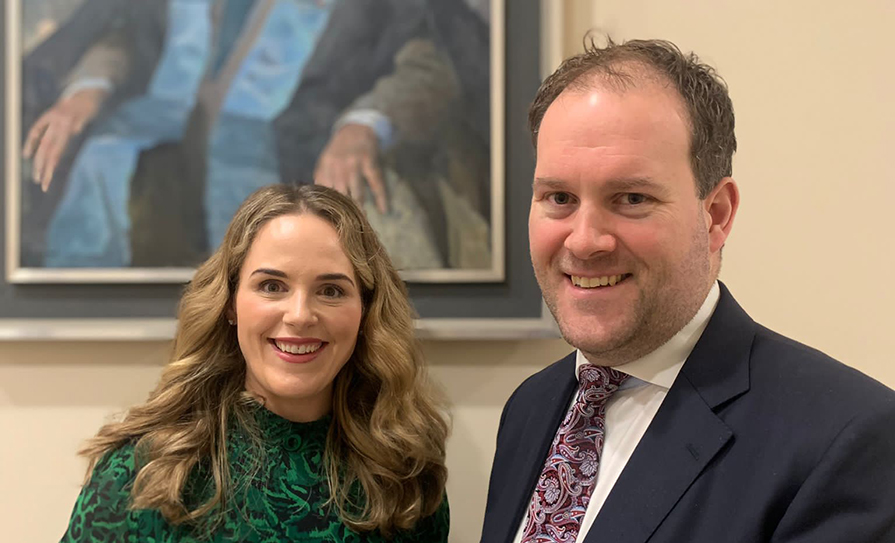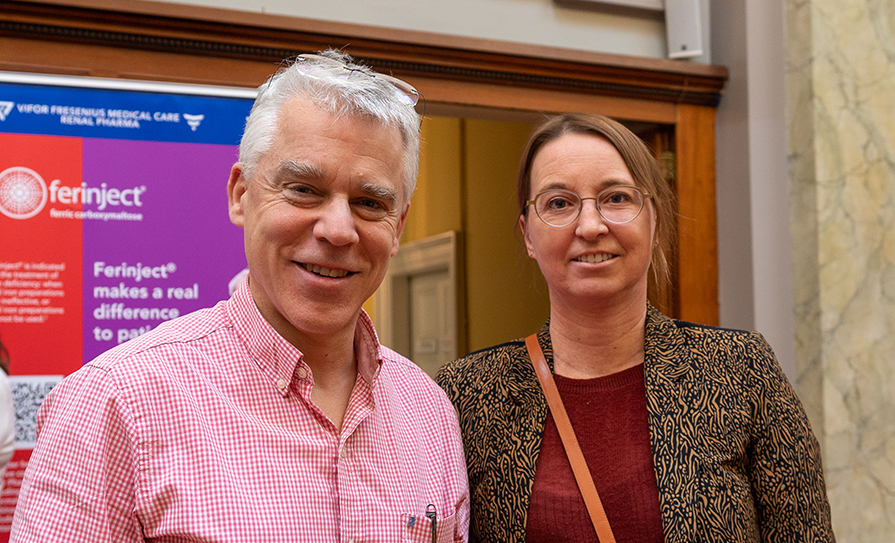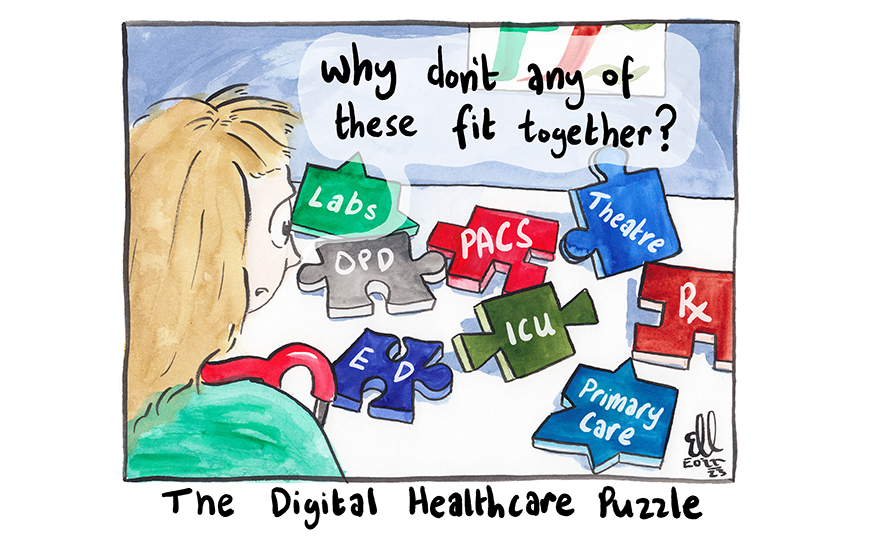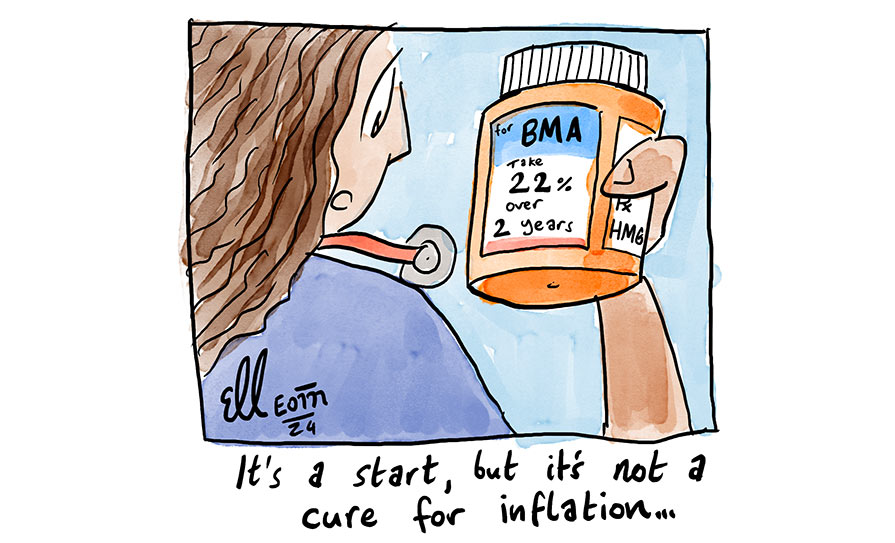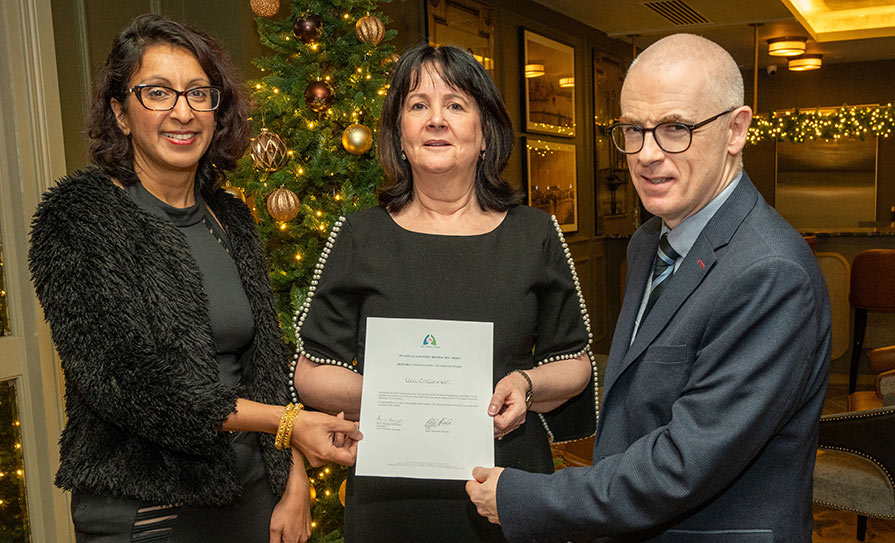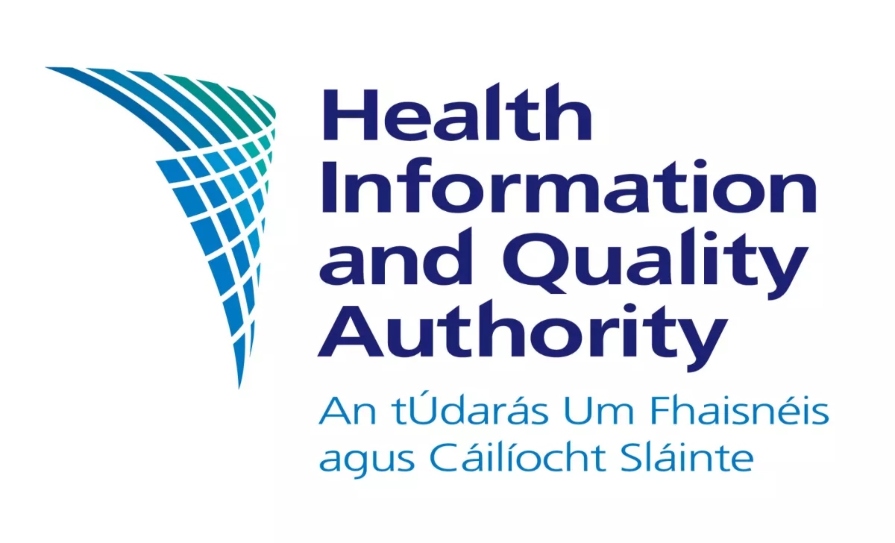The Mental Health Commission has welcomed the announcement by the Minister for Children, Equality, Disability, Integration and Youth, Roderic O’Gorman, and Minister of State for Disability, Anne Rabbitte, that 26 April has been selected for the full commencement of the Assisted Decision-Making (Capacity) Act 2015.
The full operationalisation of the Decision Support Service (DSS) will take place following the commencement of the Act.
The core element of legislation is to support all persons to make their own decisions as far as is possible. Key reforms include the abolition of the wards of court system for adults under the Lunacy Regulation (Ireland) Act of 1871, and the discharge of adults from wardship within three years.
Wardship, under which a person may be declared to be ‘of unsound mind’ and incapable of manging his or her affairs has long been recognised as a blunt instrument and it will now be replaced by the new graduated framework of supports aligned to a person’s need.
The Chair of the board of the Mental Health Commission Dr John Hillery said: “We have all been waiting on the commencement of the 2015 Act that will change the lives of thousands of people in this State for the better.”
In welcoming the announcement, the Chief Executive of the Mental Health Commission, Mr John Farrelly, said: “This Act provides a legal basis for people who may have difficulty with their decision-making capacity. It also provides important tools for all of us, for advanced health care planning, and by way of enduring powers of attorney. So, the Act puts in place a regulated system of support that will match people with the support that meets their needs.”
The Director of the DSS Áine Flynn also warmly welcomed the announcement by the Minsters and thanked all those people who have worked hard over the years to bring this new service, and the legislation underpinning it, to fruition.
“This is a vitally important piece of legislation that many people have been waiting on and they can justifiably celebrate this morning, knowing that we now have a definite date to start the new service,” Ms Flynn said.
“The DSS is ready to open its doors, and we look forward to beginning to help people access the new service and all of the supports set out under the Act.”
Signed into law at the end of 2015, the 2015 Act will come into effect on 26 April 2023. It is rights-based legislation, which reforms how adults who have difficulties exercising their right to make decisions interact with services. Full commencement of the 2015 Act is critical to obligations under the United Nations Conventions on the Rights of Persons with Disabilities.
The primary focus and intent of the 2015 Act is to support all persons to make their own decisions as far as possible.
The Act introduces a statutory functional (time-specific and issue-specific) assessment of capacity and guiding principles which emphasise dignity, autonomy, bodily integrity and the centrality of a person’s will and preferences as opposed to a ‘best interests’ standard.
There are enhanced tools to allow all people to plan ahead by way of enduring powers of attorney and advance healthcare directives. The Act also establishes the DSS with duties to promote awareness of and confidence in the new statutory framework, to regulate and supervise the support arrangements and to promote organisational change.
